Woman allegedly wrongfully arrested for sitting in grass, not participating in protests
By TMO Staff
Across the nation, school protests continue to take place with growing intensity. These demonstrations are a powerful show of solidarity for the people of Palestine, expressing the unity and joint resolve of students and faculty members alike. Their collective voices echo the urgent call for a ceasefire overseas, in hopes that their efforts can contribute to the cessation of violence and the restoration of peace.
One of the key demands of these protests is for local universities to divest their support from Israel, a move that they believe would send a strong message about the institution’s stance on the issue. This has led to tensions on campuses, as the administrations grapple with the complexities of the situation.
Sumayya Hamdad, an immigrant from Syria with limited English proficiency, sat in the grass at a university field where people had gathered to protest in support of Gaza and to call for an end to the war overseas.
Hamdad had heard rumors about the situation but was not fully aware of the circumstances on the university grounds. She had chosen to sit in the grass to enjoy her lunch and relax. While engaging in a conversation with her colleagues and observing the protest, she was approached by the police who asked her to leave.
Hamdad, who wears a headscarf, refused to leave public property due to her right to sit and enjoy the sun. However, police allegedly yelled at her and forced her into handcuffs. Hamdad noted that she had never sat in the back of a police car. What came next terrified her.
Hamdad went to one of the worst prisons in Ohio, where they allegedly tripped her clothing including her hijab. She had to sit undressed, where male police officers also saw her hair. Per Hamdad, she cried all night in a jail cell until her husband was able to bail her out at midnight. She went home and couldn’t sleep from anxiety until 4 am. She was then forced to call out of work the next day to digest the events that took place the night before.
“I am so embarrassed,” said Hamdad. “I wasn’t even protesting, and they treated me horribly. I was accused of protesting because of my headscarf and faced racism.”
Sadly, Hamdad’s experience is not unique. Several other women wearing hijabs were also stripped of their religious head coverings during arrests across Ohio.
“I only learned about this after my husband bailed me out of jail,” Hamdad claimed. “I received phone calls from other worried mothers who told me their daughters faced similar situations.”
Hamdad hopes people can protest peacefully, exercising their freedom of speech without interference. Despite not being a protester herself, she believes no one should be arrested for peaceful protest, regardless of their stance on Palestine and Israel. She advocates for respect for humanity and the ability to voice concerns openly.
Still traumatized, Hamdad hopes such incidents will not occur in the future.
“I am praying for all lives overseas impacted by the war,” Hamdad stated. “I don’t care if you are Muslim, atheist, Jewish, or Christian. We are all human and no one should have to endure a war-torn environment daily.”
As Hamdad continues to recover from her traumatic experience, she stresses the importance of unity, respect, and understanding in the face of adversity.
Her hopes for the future are simple: a world where every individual can express their views without fear, where cultural and religious differences are respected and cherished and where peace and justice prevail.
For now, she continues her journey towards healing and justice, her strength testament to the resilience of the human spirit in the face of adversity.






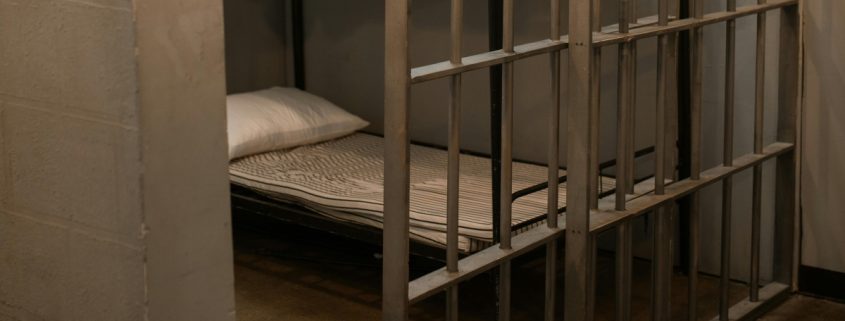
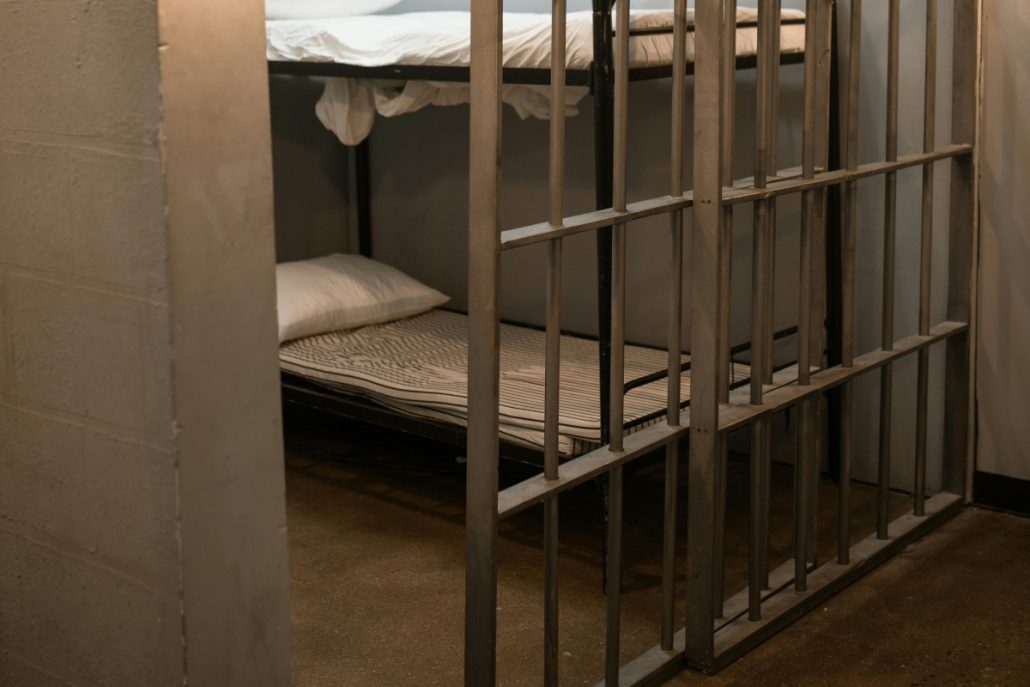

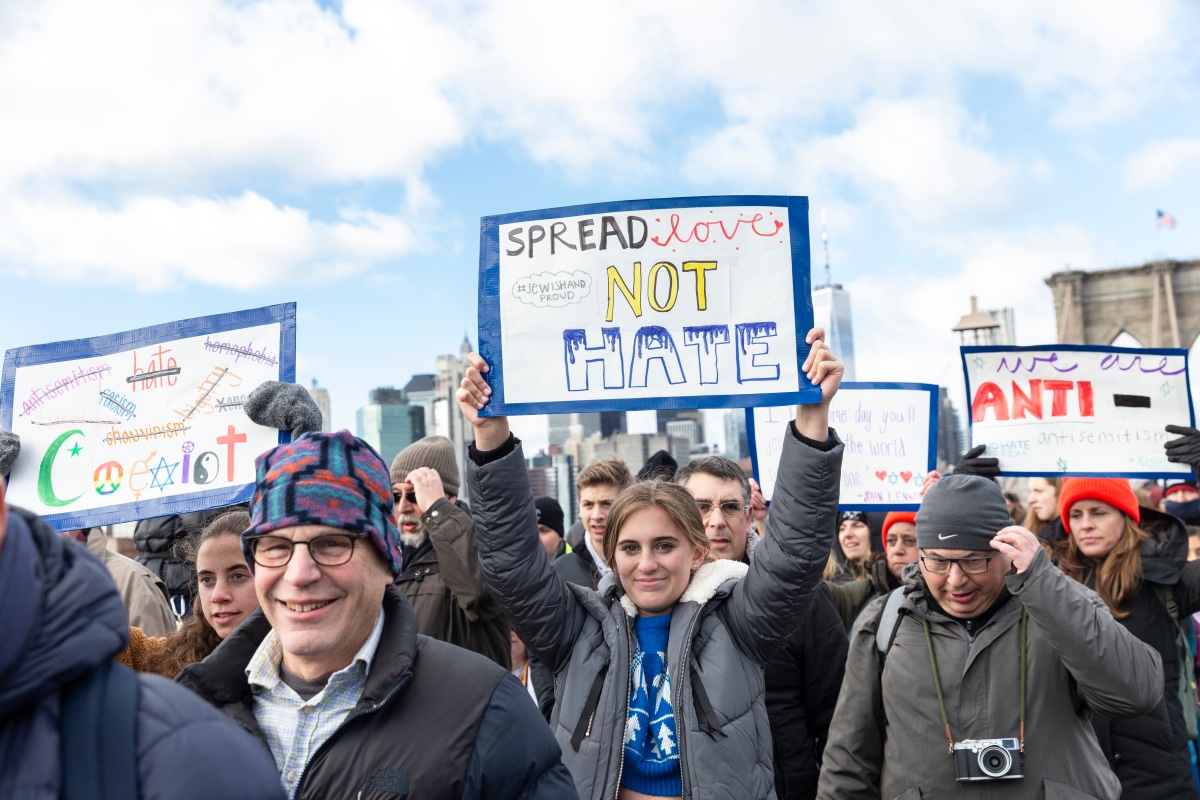
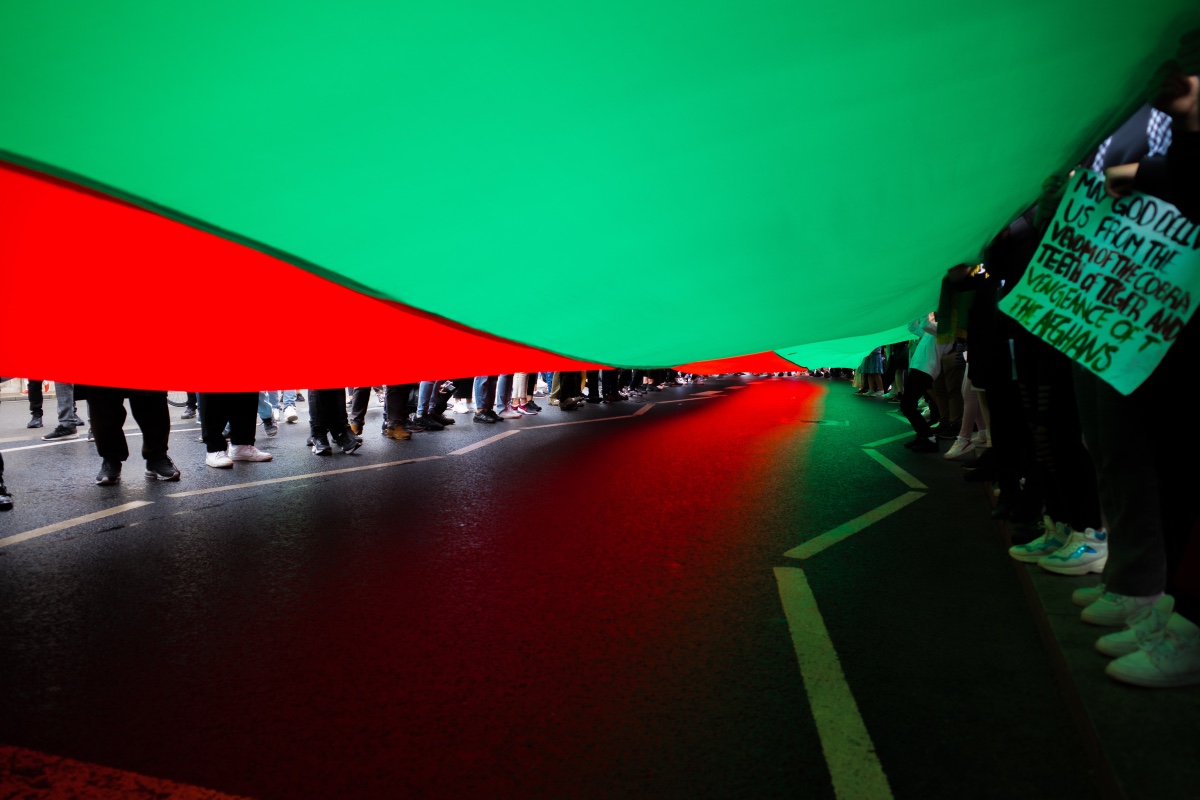
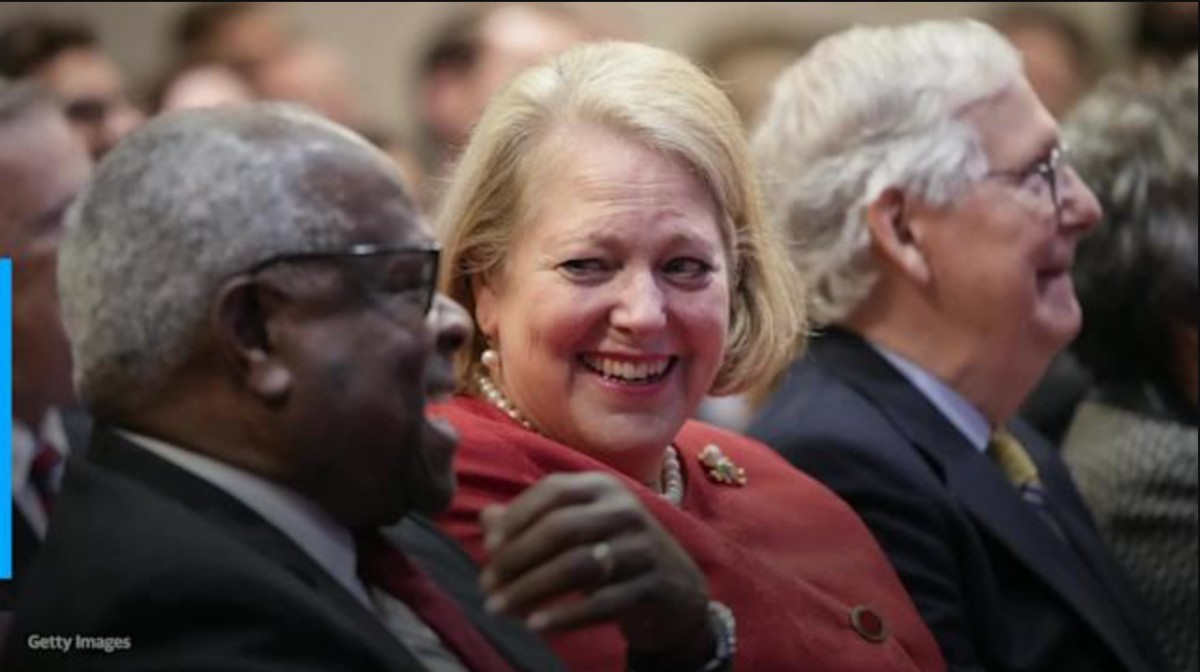
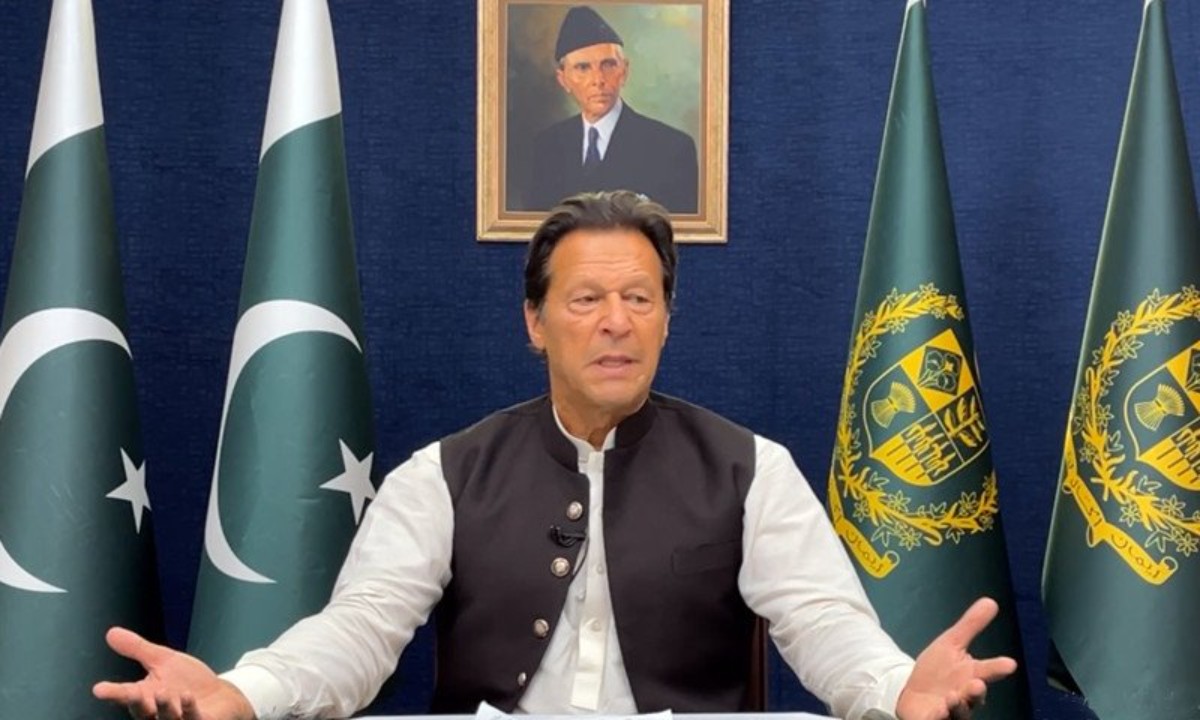
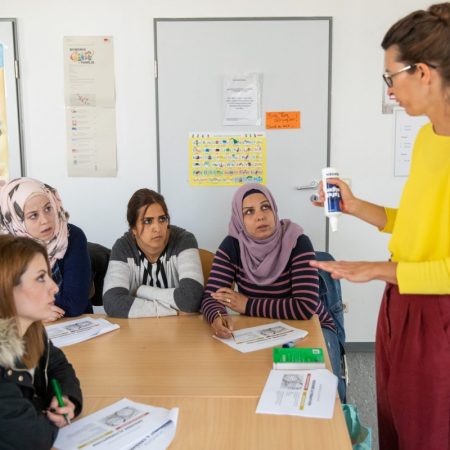







2024
1,584 views
views
0
comments